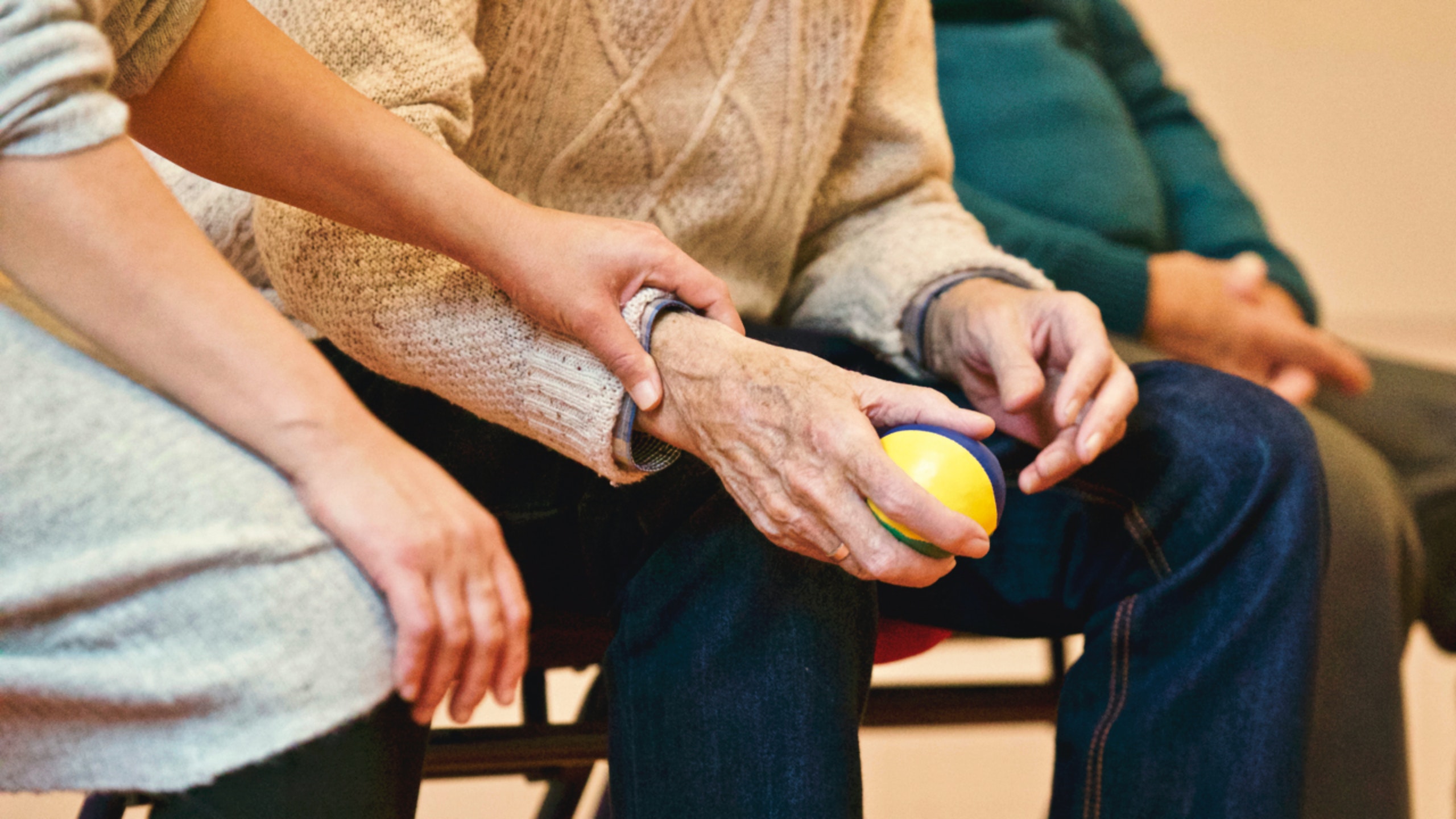As the COVID-19 crisis continues to grip communities across the United States, the virus has had a particularly tragic impact on the elderly. Significantly more Americans over the age of 65 have died of COVID-19 than those in any other age group. Nursing homes, as a result, have become ground zero for the spread of, and the fight against, the virus. Both nursing home residents and employees are likely to continue to bear the brunt of this crisis as the virus continues to spread to communities around the country.
Recently, the first wave in a likely mushroom of class action lawsuits against nursing homes have been filed. The crux of these initial class action lawsuits brought by or on behalf of residents is that nursing homes were negligent, or even committed medical malpractice for not taking appropriate action to protect residents from the virus. This includes not providing nursing home staff with the correct personal protective equipment, not locking down the facilities soon enough and potentially allowing infected people to enter, and not providing proper care and treatment for residents possibly infected with the virus. There will likely be similar lawsuits brought by nursing home staff that make similar claims that their employer negligently failed to take adequate precautions to protect them from the virus.
While nursing homes face unique legal challenges compared to other industries affected by COVID-19, there are potential defenses available that nursing homes may use to defend against class action lawsuits. Initially, as has been well documented in news coverage of the virus, it can be challenging to determine when, where, and how a person contracted the virus. Nursing homes can argue, specifically to defend against claims brought by employees, that because COVID-19 is a highly contagious airborne virus, their employees could have caught the virus anywhere outside of work—such as at the grocery store, while commuting to work, or even at home. While this argument may be more challenging with respect to claims brought by residents, because they are likely not regularly leaving coming and going from the facility like the employees, resident-plaintiffs still must prove that the residents became ill from or died from coronavirus, which, due to the unreliability of testing, may be a challenge. They too, however, may argue that they caught the virus from employees who were not provided with adequate protection.
Additionally, nursing homes can argue that a class action is not the proper means of litigating these cases because individual questions of law or fact predominate over questions common to the class. In deciding whether to certify the class, the court may have a series of “mini trials” to assess, for example, each proposed class member’s personal medical history and the cause and extent of each individual plaintiff’s damages. However, even if individual determinations are necessary for damages, a court, in some jurisdiction, may still decide to a class action on liability-only, especially if it is adequately plead as an “issue-class.”
Nursing homes are not alone. COVID-19-related class actions are likely to touch almost every industry. However, because of the impact that the virus has had on nursing homes, their residents, their employees, and their business, nursing homes are in a unique position compared to those in other industries. Nursing homeowners across the country should prepare now and continue monitoring developments regarding potential lawsuits in order to protect their businesses from potential class action lawsuits in the months and years ahead.

